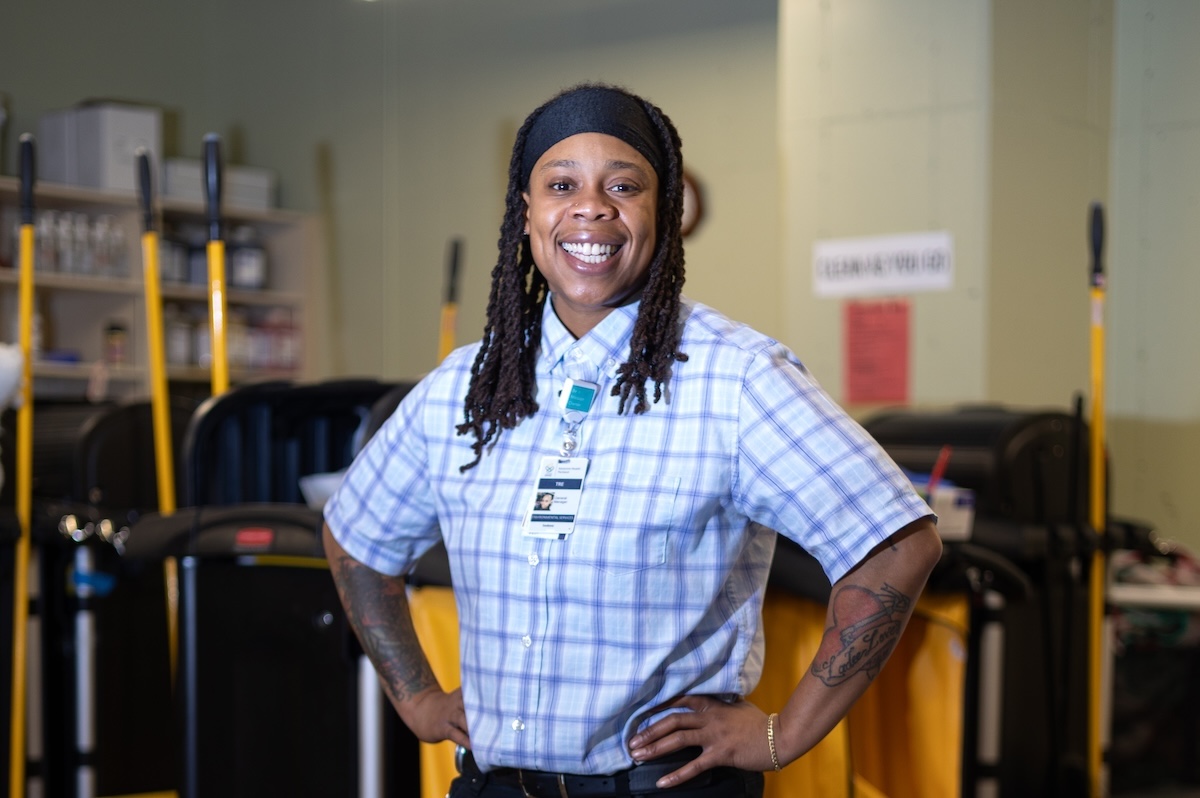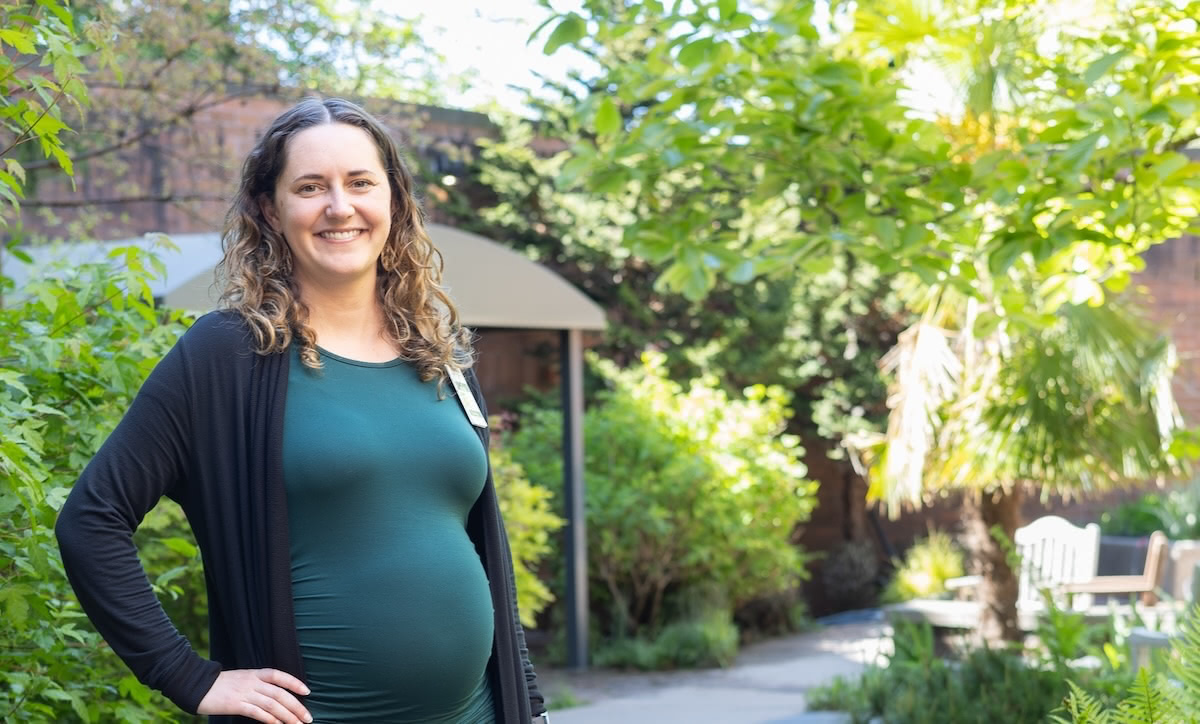Patient Story, Team Spotlight
Adventist Health And CalAIM Inspire Health And Hope

“Just let me die.”
Frank* made that request multiple times during 25 visits to the Adventist Health Hanford emergency room over five months in 2024.
He was experiencing severe heart failure and homelessness, and he was using meth. His ER visits took hundreds of police, paramedic, staff, and physician hours. Each visit included many tests and treatments. And he was angry, often shouting profanity at his caregivers.
Because of his diagnosis and situation, Frank qualified for new Enhanced Care Management, or ECM, services through his Medi-Cal managed care plan, Anthem Blue Cross. ECM is a Medi-Cal benefit available to eligible members with complex needs, and is an initiative within CalAIM, a Medi-Cal transformation strategy within the state Department of Health Care Services (DHCS).
Changing the conversation
The services — and the lead care manager they brought into his life — would make all the difference.
His first visits with Ernestine Hill, Lead Care Manager in Adventist Health’s CommunityConnect program, started out with his usual angry request and profanity.
Until she changed the conversation.
“Since he kept saying that we should just let him die, I told him that we should work on his advanced directives,” which is a document that spells out wishes for end-of-life care, like do-not-resuscitate orders, Ernestine said. “Then he could be at peace.”
Frank was shocked. “You’re different,” he told her.
Building trust
In the days that followed, Ernestine kept building Frank’s trust. She’d talk to him at the soup kitchen or park. She brought him food and supplies, meeting him where he was.
When Frank came down with COVID-19 in October 2024, Ernestine enrolled him in ECM. He surprised her then by asking for a few extra blankets or a place where he could heal. “That was a huge change from all other times, when he wanted to just give up,” she says.
Ernestine connected him to the Housing and Disability Advocacy Program and found him a motel room where he could stay while he waited for permanent housing. It was a safe place where his heart medications wouldn’t be stolen or lost and he could stop using meth.
She also had Frank placed on a high-priority list for housing and connected him with a primary care doctor, attending his first appointment with him to help him establish care and be heard. “It can be hard for caregivers to see beyond a patient’s homelessness and meth use,” she explains. She arranged for him to receive a motorized scooter and a shower chair. On his birthday, she brought him a sandwich and balloons.
Celebrating a new life
ECM changed the way Frank used healthcare. In his first six months, he had only two ER visits, compared to the 25 before. He went to all his doctor and physical therapy appointments, using transportation provided by Anthem when needed, and took his medications. Seven months later, he was still in the motel room, stable and content.
“This program gives us the chance to be curious about patients’ lives and creative in our response,” said Ernestine, who cared for more than 200 ECM patients over a two-year period.
“Frank is an inspiration to me because he shows what’s possible when we look beyond a patient’s behavior to the person and what they need to live their best life.
“He takes care of himself now, and he’s not angry anymore. I’m grateful that CalAIM makes that possible.”
Frank also expressed appreciation for all that CalAIM and Ernestine brought to him: a place to sleep, be safe, and get sober. A new life. “This is a miracle. This is God’s doing,” he said. “I feel safe and at peace.”
*The patient’s name has been changed to protect his privacy.


